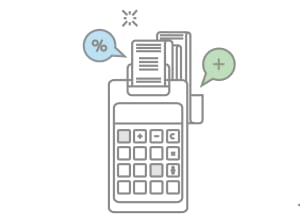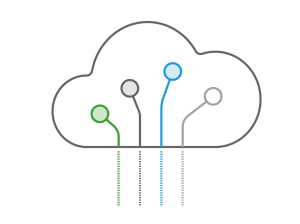How can we help your business?
We understand and comprehensively look after our clients, both on domestic as well as international markets. Thanks to the efficient and close cooperation within the RSM network, we support clients in the startup and operation of their business in Poland as well as any other location they wish to develop their potential. We share our knowledge and experience, helping you achieve your business objectives in the most efficient and safest manner.













